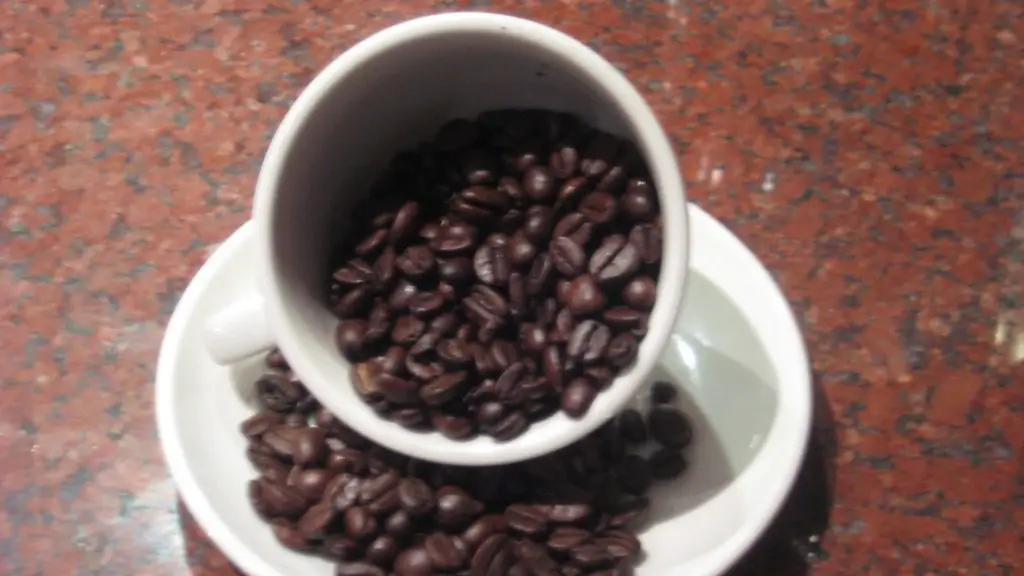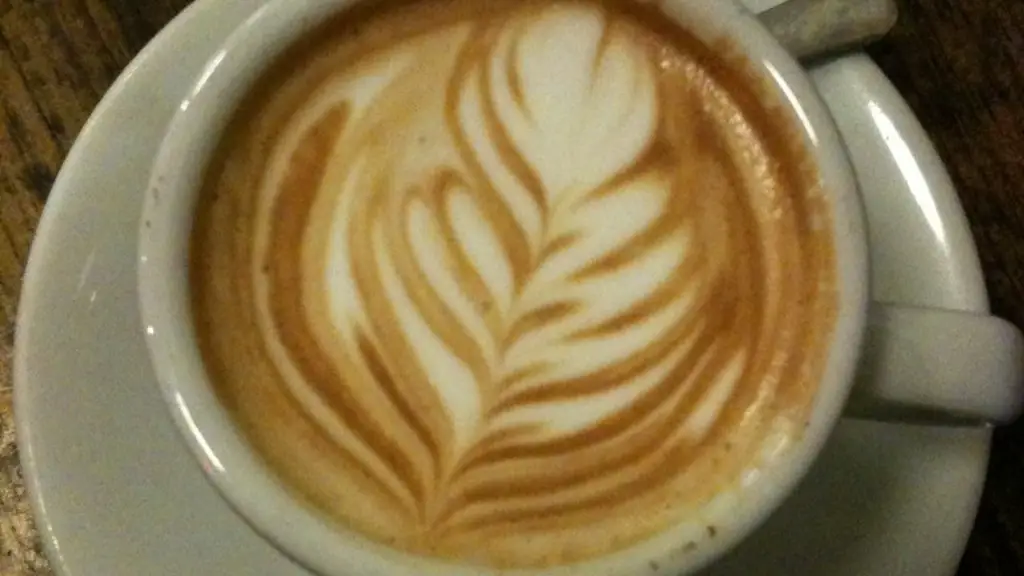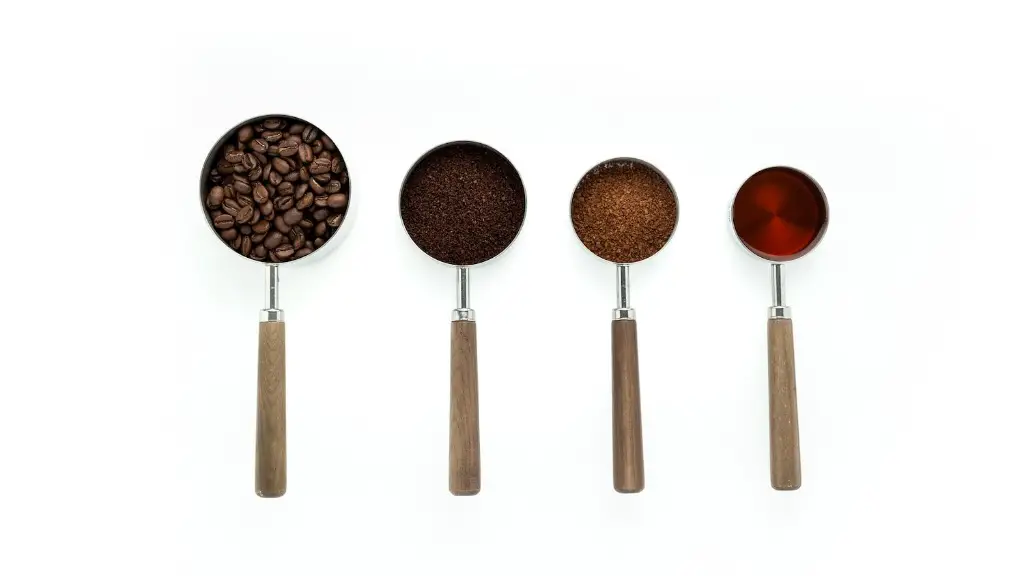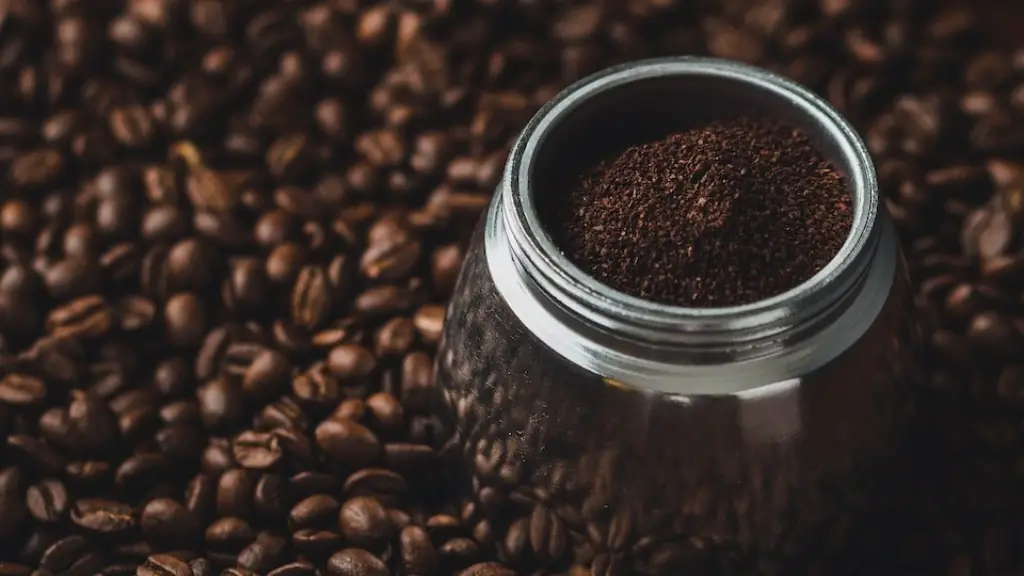Intermittent fasting, or IF, has become increasingly popular as a tool to lose weight, improve health, and gain mental clarity. Many adherents of the practice claim that it enhances their energy levels and makes them feel healthier. But because IF often requires abstaining from food until a certain hour, many people are curious as to what beverages they can enjoy while still adhering to the practice.
Coffee During Intermittent Fasting
Coffee is a drink that many find essential for productivity, as caffeine helps to stimulate the mind and body for its daily tasks. It is also a beloved part of many people’s morning rituals, enjoyed with family or friends. But can drinkers of coffee still partake in their beloved beverage when on an intermittent fasting diet?
The consensus from experts is that yes, coffee can be enjoyed during intermittent fasting – with a few catchwords. Beverages such as black coffee and tea, for example, can be enjoyed without breaking the fast because they are mostly calorie-free. However, many people find that coffee and tea contain substances that may make intermittent fasting difficult.
Caffeine, for instance, is a stimulant that increases energy production, which makes it difficult to stay in a fasted state. While coffee and tea are often seen as ‘diuretics’ that can remove excess water from the body, this does not actually happen until one drinks a very large amount of coffee. Therefore, drinking coffee (or tea) during a fast is unlikely to make an individual break their fasted state.
Also, some people opt to add creamer to their coffee when in a fasted state, or non-caloric sweeteners. However, while these may seem harmless enough, they can still increase the calorie count of the coffee, which can push some people above their intended daily calorie intake. This can cause the individual to break their fast and put a dent in their intermittent fasting schedule.
So how much coffee is safest to drink while on a fast? According to experts, one to two cups per day are generally safe, though it is best to stick to black coffee or tea. Adding cream or milk could potentially break the fasted state and make it difficult to reap the full benefits of intermittent fasting.
Drinking Coffee for Weight Loss
It is also important to bear in mind that some people may find that drinking coffee can have a negative impact on their weight loss, even if it does not break their fast. This is because caffeine has been known to raise cortisol levels, which could cause weight gain. Therefore, it is best for individuals who are hoping to lose weight with intermittent fasting to drink their coffee in moderation and not rely on it for energy and focus.
At the same time, some experts believe that enjoying a cup of coffee during an intermittent fast can help to curb hunger and make it easier to fast for a long period of time, since caffeine helps to suppress appetite and increase focus. This can be especially beneficial if one is hoping to fast for many hours at a time.
It is also important to remember that everyone is different and that what works for one person may not necessarily work for another. Therefore, it is best to experiment with intermittent fasting and coffee to find out what works best for the individual.
Other Beverages During Intermittent Fasting
Intermittent fasting does not have to be entirely without food, either. There are a variety of beverages that can be enjoyed in a fasted state without breaking the fast, such as unsweetened almond or coconut milk, or unsweetened herbal teas. Some people also enjoy adding a bit of honey, agave, or stevia to their tea to add a touch of sweetness.
It is important to remember that if an individual is hoping to reap the full benefits of intermittent fasting, then it is best to limit the number of calories consumed. This means that it is best to stick to calorie-free liquids such as coffee, tea, and water and avoid sugary drinks or juices.
Intermittent fasting can be an excellent tool for individuals who are looking to lose weight and improve their health. But it is important to remember that in order to get the fullest benefits from the practice, it is best to adhere to a strict fast by limiting the amount of calories consumed. This means that it is best to stick to drinks such as black coffee, tea, and water while fasting.
Can You Skip Breakfast with Intermittent Fasting
Many adherents to intermittent fasting claim that they are able to increase their energy levels and improve their health by skipping breakfast and breakfast-based meals such as fried eggs or oatmeal. It is important to note, however, that everyone is different and that what works for one person may not necessarily work for another. It is best to speak to a doctor or health care professional to find out what type of intermittent fasting is best for the individual.
When it comes to breakfast, some experts assert that it is essential to ensure that an individual gets enough energy and nutrients in the morning in order to perform at their best for the rest of the day. If a person decides to skip out on breakfast, it would be wise to supplement the lost nutrition with another meal, such as healthy snacks or a smoothie.
Intermittent fasting can be a great way to reset the body and lose weight. But it is important to note that it is essential to ensure that the body gets enough energy and nutrients throughout the day in order to reap the full benefits. Coffee can be a wonderful addition to an intermittent fasting regime, as long as it is consumed in moderation.
Can You Drink Alcohol During Intermittent Fasting
Alcohol consumption is not encouraged when on an intermittent fasting regime, as it can interfere with the body’s natural processes, impair mental clarity, and make it difficult to adhere to the practice. In addition, alcohol increases the risk of liver damage and other health issues.
Some individuals may choose to consume moderate amounts of alcohol while on an intermittent fasting diet, but it is important to note that alcohol has been known to reduce energy levels and can also interfere with the body’s fat-burning processes. In addition, alcohol contains empty calories, which means that drinking it can cause a person to exceed their daily calorie intake, thus making it difficult to adhere to the practice.
The best way to stay on track with intermittent fasting is to limit the amount of alcohol that is consumed, stick to calorie-free beverages, and ensure that the body gets enough energy and nutrients throughout the day.
Can You Drink Milk During Intermittent Fasting
Milk can be enjoyed while on an intermittent fasting diet, though it is important to note that it contains calories and thus has the potential to break a fasted state if not consumed in moderation.
It is also important to note that some experts recommend avoiding dairy products while on an intermittent fasting diet, as they can cause digestive issues, lead to weight gain, and interfere with the body’s natural processes.
If an individual chooses to consume milk while on an intermittent fasting diet, it is best to opt for a natural, unprocessed variety and to limit the amount consumed in order to stay in a fasted state.
Can You Drink Juice During Intermittent Fasting
It is not advisable to consume juice while on an intermittent fasting diet, as most juices contain a lot of calories and can break a fasted state if not consumed in moderation.
Juices are also high in sugar, and consuming too much can cause insulin levels to spike, which can interfere with the body’s natural processes and make it difficult to adhere to the practice.
If an individual chooses to consume juice while on an intermittent fasting diet, it is best to opt for a natural, unprocessed variety and to limit the amount consumed in order to remain in a fasted state.





